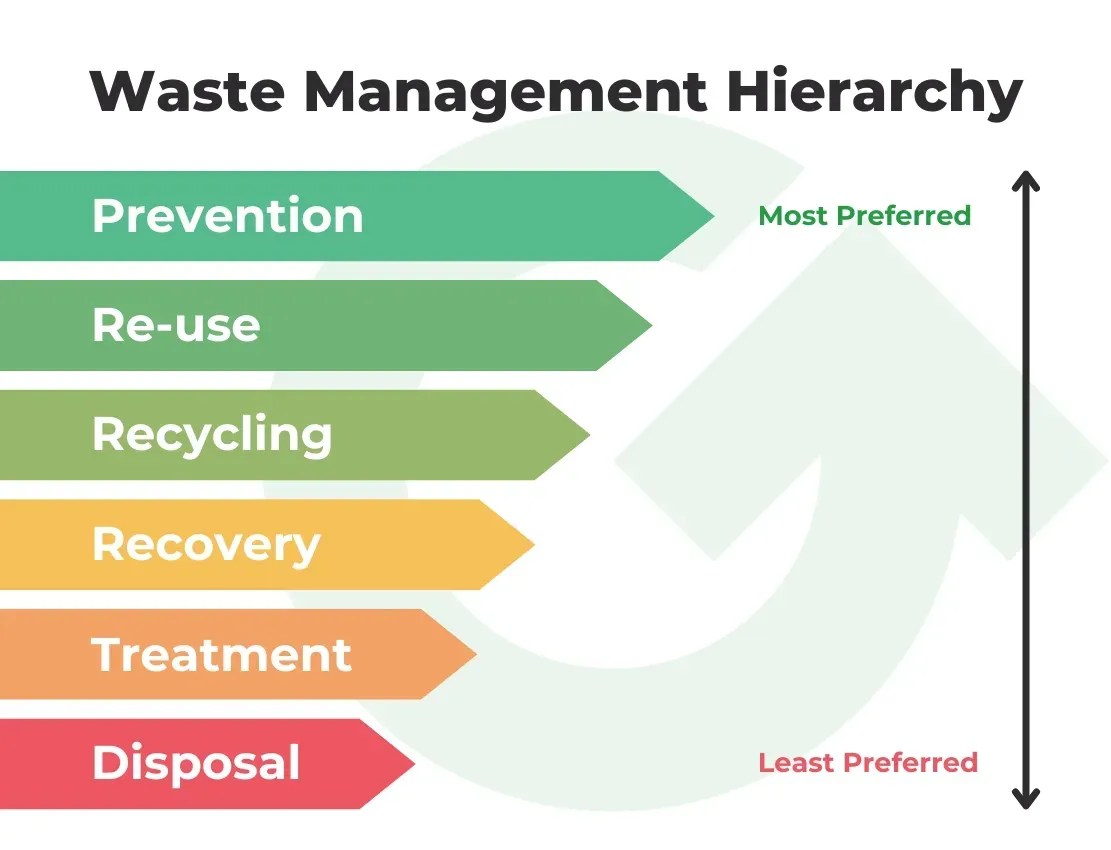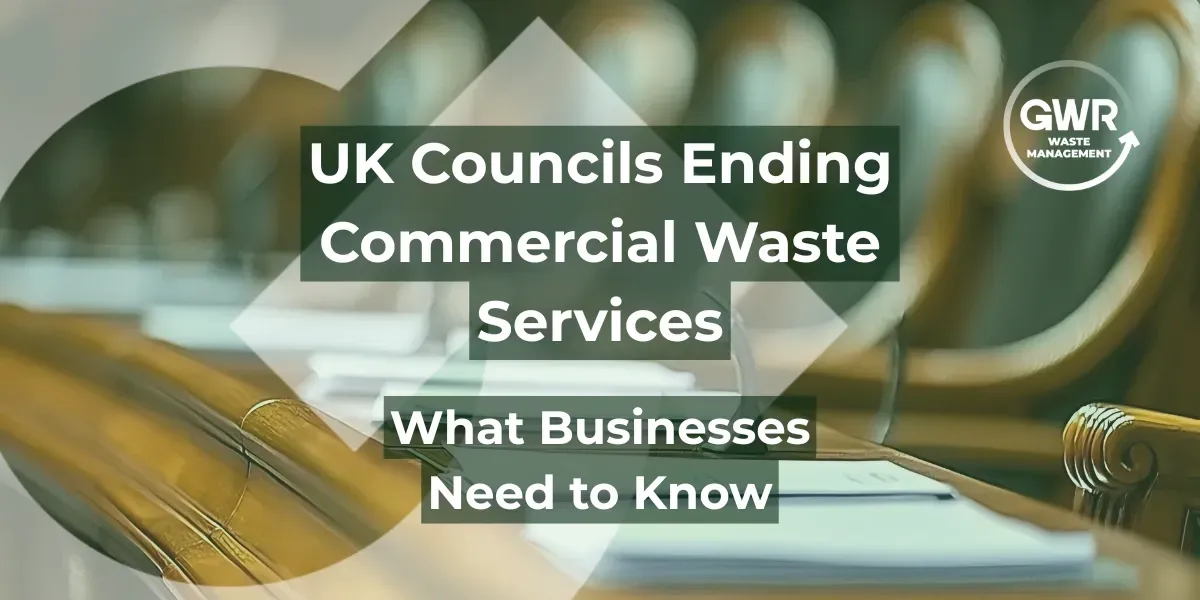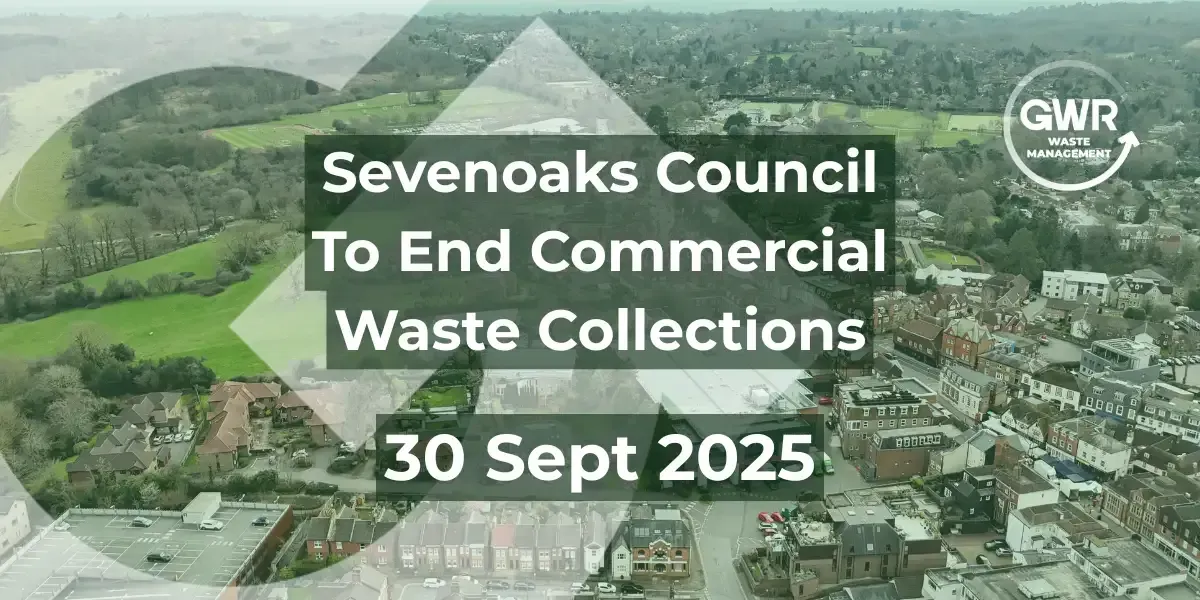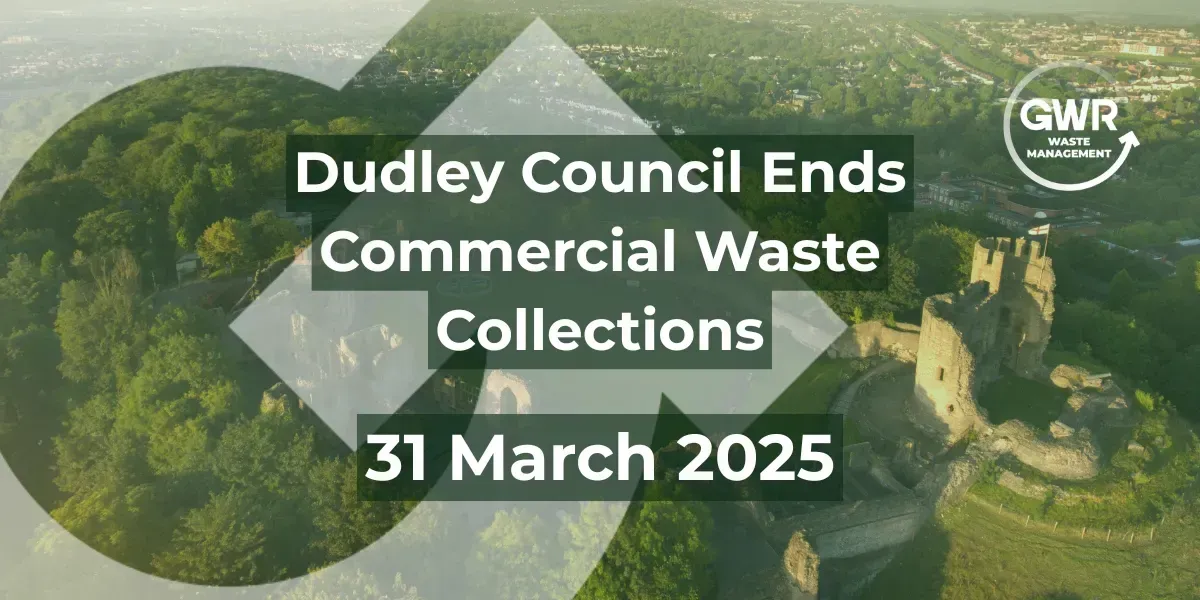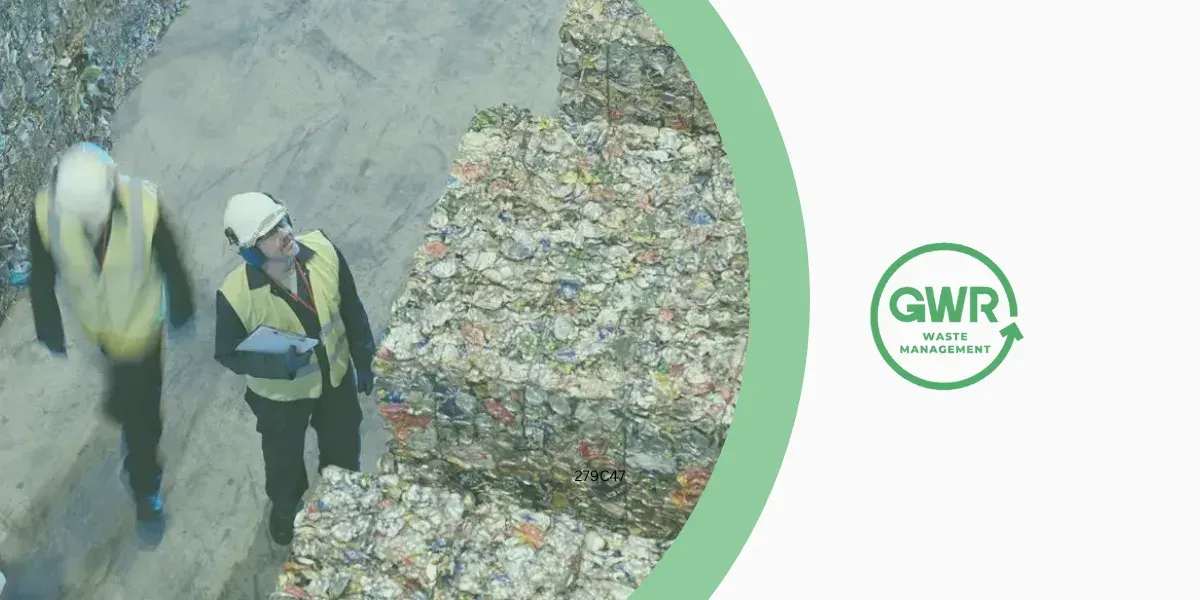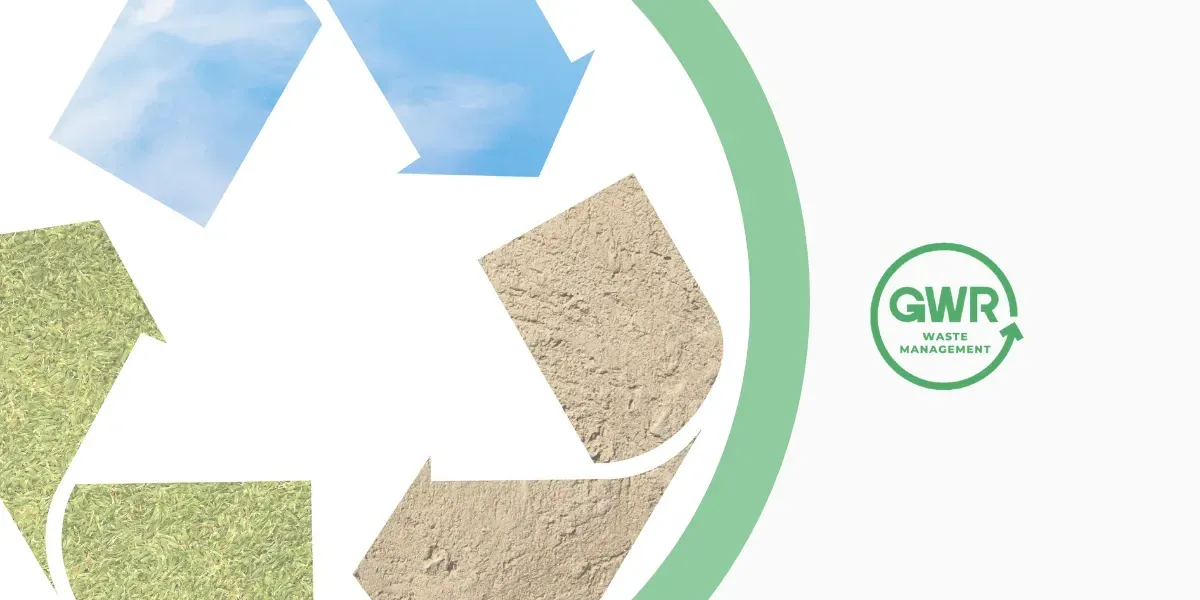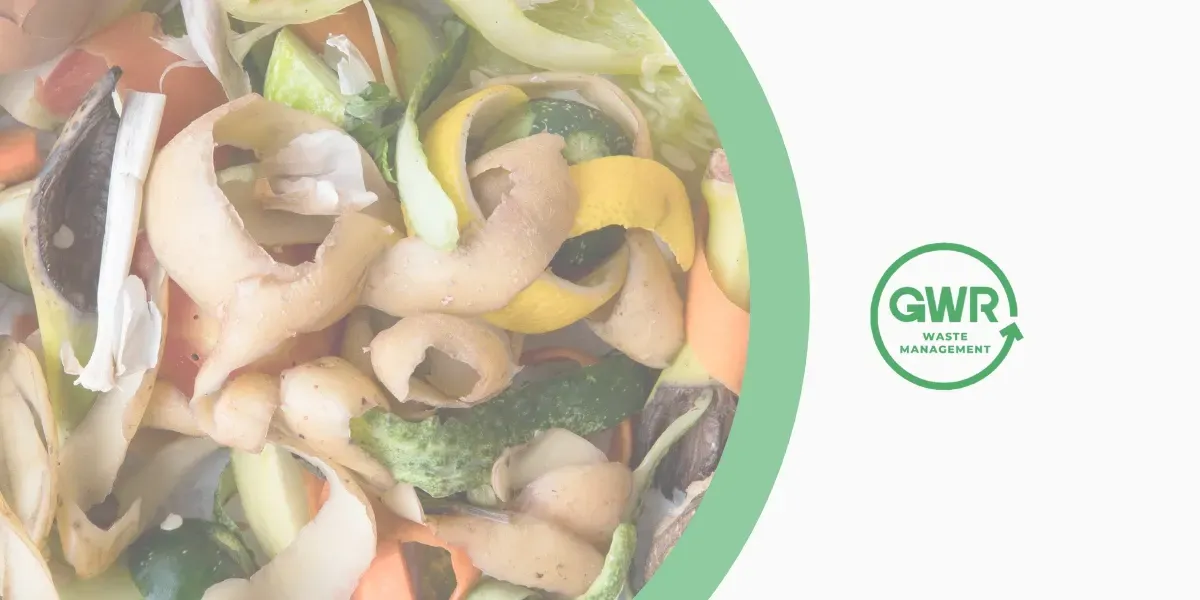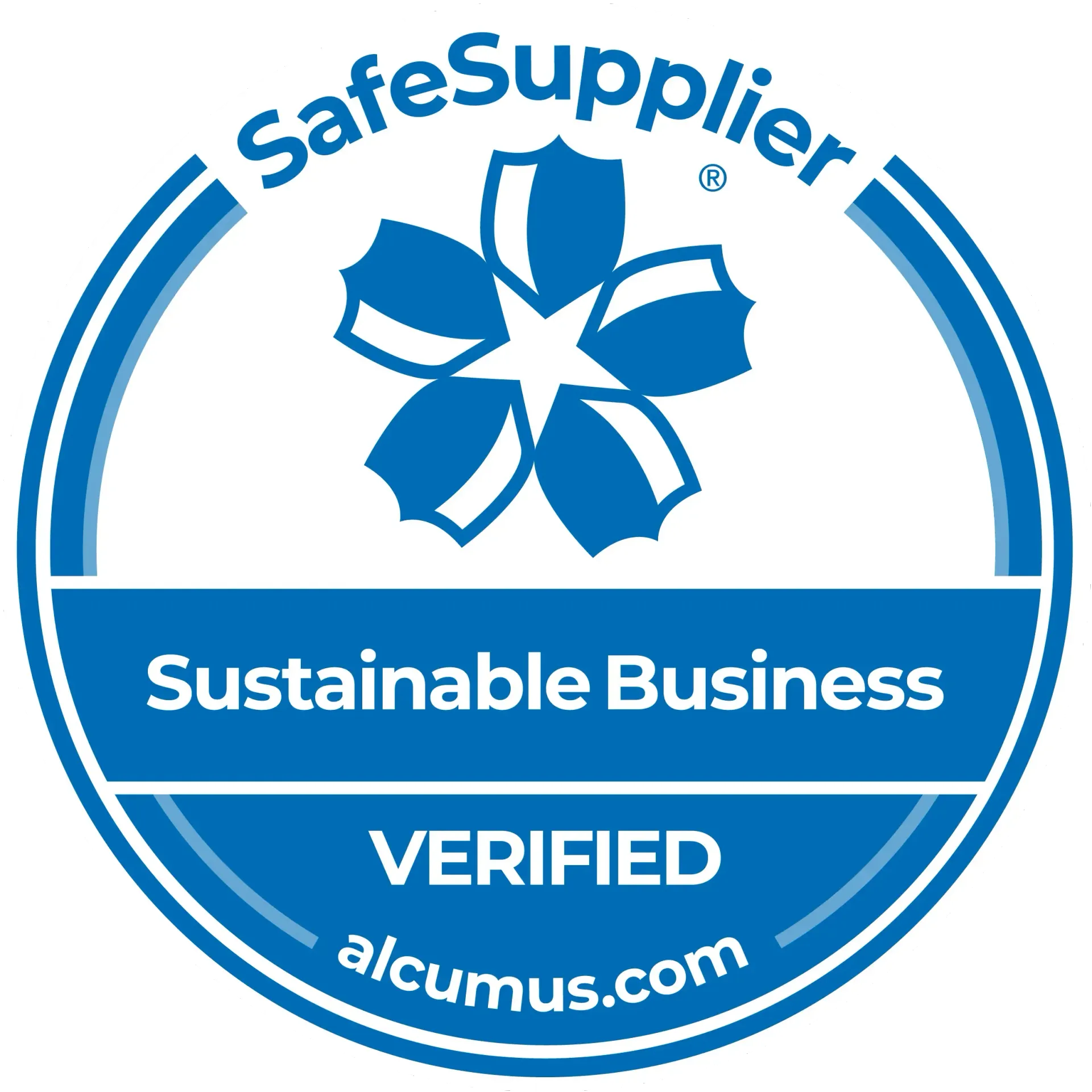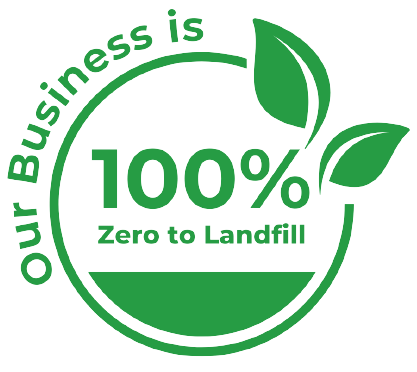Hierarchy Of Waste Management
In a society that places such rapidly increasing value on environmental consciousness, it is no surprise that people are becoming more and more interested in the lifecycle of their waste and the impacts of their waste disposal practices.
The waste disposal hierarchy indexes the range of solutions available for waste disposal, drawing particular attention to the array of solutions that should be considered before sending waste to landfill. The 5-component model ranks waste prevention as the most favourable solution, and landfill as the least favourable. On a scale between these two poles, opportunities for reuse, recycling and recovery are also highlighted.
While there are multiple variations of the waste management hierarchy, its central principles remain consistent. Within visual representations, the waste management hierarchy is shown using a triangular diagram, with the five solutions stacked as to indicate their comparative favourability. This blog by GWR Waste Management will detail the different components of the waste disposal hierarchy, offering information about each and justification for their positioning within the hierarchical structure. Reference will also be made to the environmentally friendly waste disposal services available with GWR Waste Management.
Waste Prevention
At the top of the waste management hierarchy is prevention. The prevention level encourages essential-only use of materials from the earliest stage. This includes limiting the use of excess material within design and manufacturing processes, which consequently reduces the amount of material required to produce a product itself. Limiting the amount of material created reduces the quantity of waste needed to be disposed of when the material is no longer in use.
Prevention also refers to reducing the use of hazardous or harmful materials that could be damaging to the environment. Many models also extend prevention to the processes being used to produce materials, with many such processes having harmful effects on the environment.
Waste Re-use
Next is re-use – this solution encourages individuals and businesses to consider ways in which an item could be kept and used for an alternative purpose. If there are no repurposing options available, are there any ways that an item could stay in use for longer, through being cleaned up or repaired for a new use? If this isn’t possible, many solutions refer to individual parts of a product being repurposed. Many waste disposal experts note that breaking items down into parts can be an effective way of allowing materials to re-enter the production process.
Waste Recycling
If waste cannot be prevented or re-used, the next favoured option is recycling. Recycling is a widely regarded method of environmentally conscious waste disposal, with both residential and commercial services being commonplace across waste disposal providers.
Many local councils also offer routine collection services or provide community recycling banks that can be visited and used as drop off points for unwanted recyclable materials. In addition, waste disposal businesses can offer tailored recycling collection services depending on the quantity and quality of material looking to be recycled. Recycling collection services typically collect a range of materials such as cardboard, plastic, glass and metal – the majority of which require materials to be separated prior to collection. At GWR Waste Management, we offer businesses a dry mixed recycling service which allows them to accumulate various forms of dry recyclable waste in one container, which is then collected and sorted at our designated recovery facility.
Although recycling poses a more environmental solution than waste recovery or disposal, it is considered less favourable than prevention and re-use. As a result of this, it is important to consider ways in which a material could be re-used or prevented prior to entering the recycling process. It is also notable that an item can only be effectively recycled if it is free of contaminants such as food grease. Contaminated materials are not suitable for recycling.
Waste Recovery
If waste cannot be recycled, alternative recovery options may be available. Even if a material cannot be recycled to produce new materials, it may have potential to be used for other material purposes or to produce energy. One example of recovery would be anaerobic digestion at biogas plants, within which materials are broken down to produce alternative substances. Other recovery options include incineration for thermal energy, which can then be transformed into other energy varieties.
Waste Treatment
Sustainable waste treatment focuses on managing waste in a manner that is environmentally friendly, economically viable, and socially responsible. The goal is to minimize the negative impacts on the environment and human health while maximizing the recovery of resources. Advanced Treatment Technologies, using methods such as heat treatment and anaerobic digestion to break down waste materials into simpler compounds, often with energy recovery.
Waste Disposal
Disposal is the least favourable solution within the waste management hierarchy. Disposal involves sending waste materials to landfill or to be incinerated without energy recovery. Landfill poses a host of harmful impacts on the environment such as increased Co2 emissions and negative impacts on wildlife. Similarly, incineration both releases harmful pollutants into the atmostphere and has consequent negative implications for public health. For these reasons, allowing waste to go to incineration or landfill is highly undesirable relative to environmental principles. The range of solutions that precede landfill and incineration pose solutions that harbour far less detrimental environmental impacts.
Waste Management with GWR Waste Management
For information about the waste disposal services available with GWR Waste Management, get in touch.
Our expert team are on hand to help you find waste management solutions that both cater to the needs of your business and limit impact on the environment.

